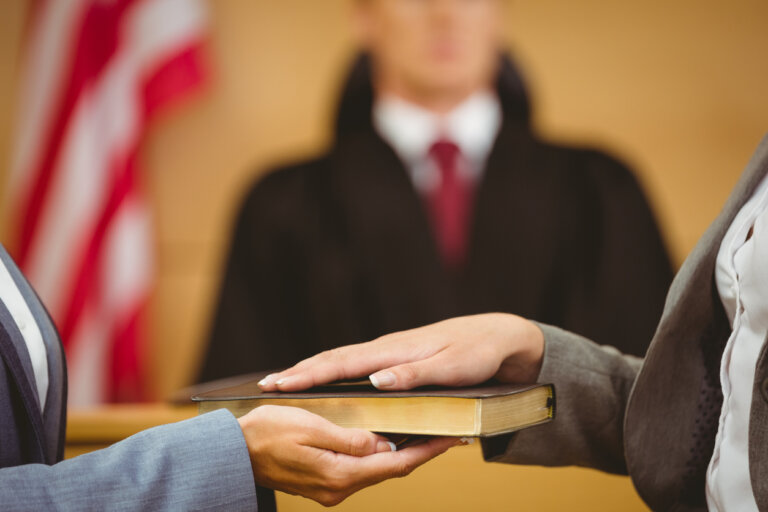People who suffered injuries from the contaminated drinking water at the Marine Corps Base Camp Lejeune in North Carolina might be able to file a claim for their losses, but they might need to present the testimony of expert witnesses for certain aspects of their case. A Camp Lejeune toxic torts attorney can handle your claim and answer your questions about the role of expert witnesses in the Camp Lejeune toxic tort lawsuits.
An Overview of the Camp Lejeune Contaminated Water Claims
For decades, the Marine Corps Base Camp Lejeune used on-base wells to provide drinking water for the people who served, lived, and worked on the base. Eventually, the military discovered that two of these water wells were contaminated with lethal chemicals that caused people to develop cancer and other significant medical conditions.
People who had exposure to drinking water at the base for a total of 30 days during the 1950s to 1980s could qualify for compensation and other benefits from the government if they developed any of the diseases that the military has identified as linked to these chemicals. People filing a claim could find it helpful to the case if they use expert witnesses in court.
The Role of Expert Witnesses in Civil Litigation
Courts call on expert witnesses to explain things that are not common knowledge and cannot be understood without input from people who have specialized knowledge or experience. Toxic tort claims tend to involve expert witnesses to testify about several subjects.
Expert Witnesses in Camp Lejeune Lawsuits
Here are some of the topics on which an expert witness might testify in a Camp Lejeune contaminated water lawsuit:
- The chemicals found in the drinking water: An expert in chemistry might explain why these substances are dangerous, and how they could harm the human body. The expert might also testify that these chemicals are not found in ordinary, safe drinking water at these concentrations.
- The medical conditions the plaintiff developed: A medical expert could testify about how the chemicals increase the risk of a person developing the specific disease that the plaintiff suffered. The expert could also inform the court about the particular adverse health condition, how it affects a person’s life and the person’s prognosis. Issues like pain, medical treatments, quality of life, and life expectancy could get addressed in the expert’s testimony.
- A vocational expert could testify on how the disease affects the plaintiff’s ability to earn a living, and how much their future lost wages could be. Lost wages are often a primary factor in the amount of money the plaintiff might receive in the settlement of their claim or the jury award at the end of the trial.
- A psychological or psychiatric expert might provide insight for the judge about the emotional damages the plaintiff has suffered. Many people with life-threatening diagnoses experience chronic depression, anxiety, and a sense of hopelessness. Having to undergo medical treatments like chemotherapy that cause unpleasant side effects can cause a person to experience a loss of enjoyment of life.
Your Camp Lejeune case might involve some of these topics. Every claim is different, so you might need to work with additional types of expert witnesses. You can talk to a toxic tort lawyer about handling your Camp Lejeune case. Contact our office for help with your case.

